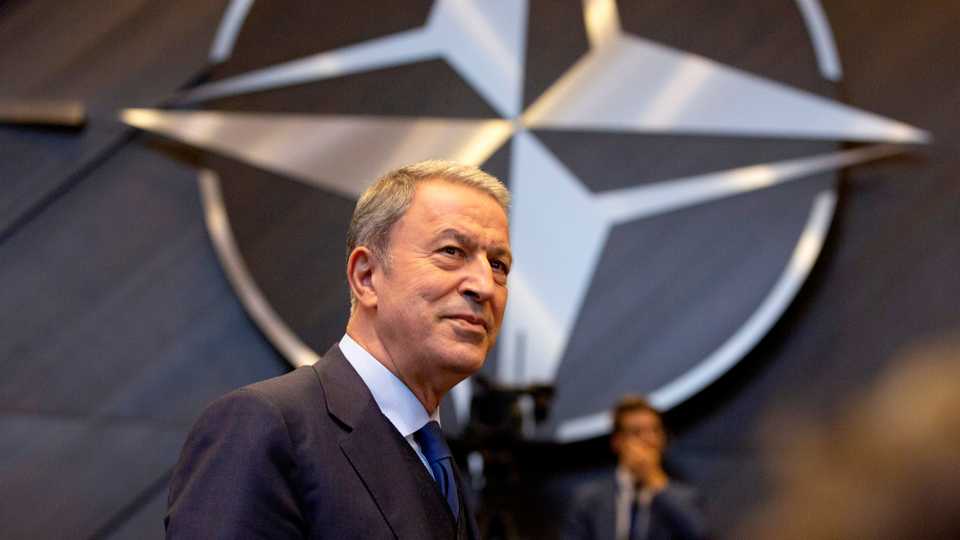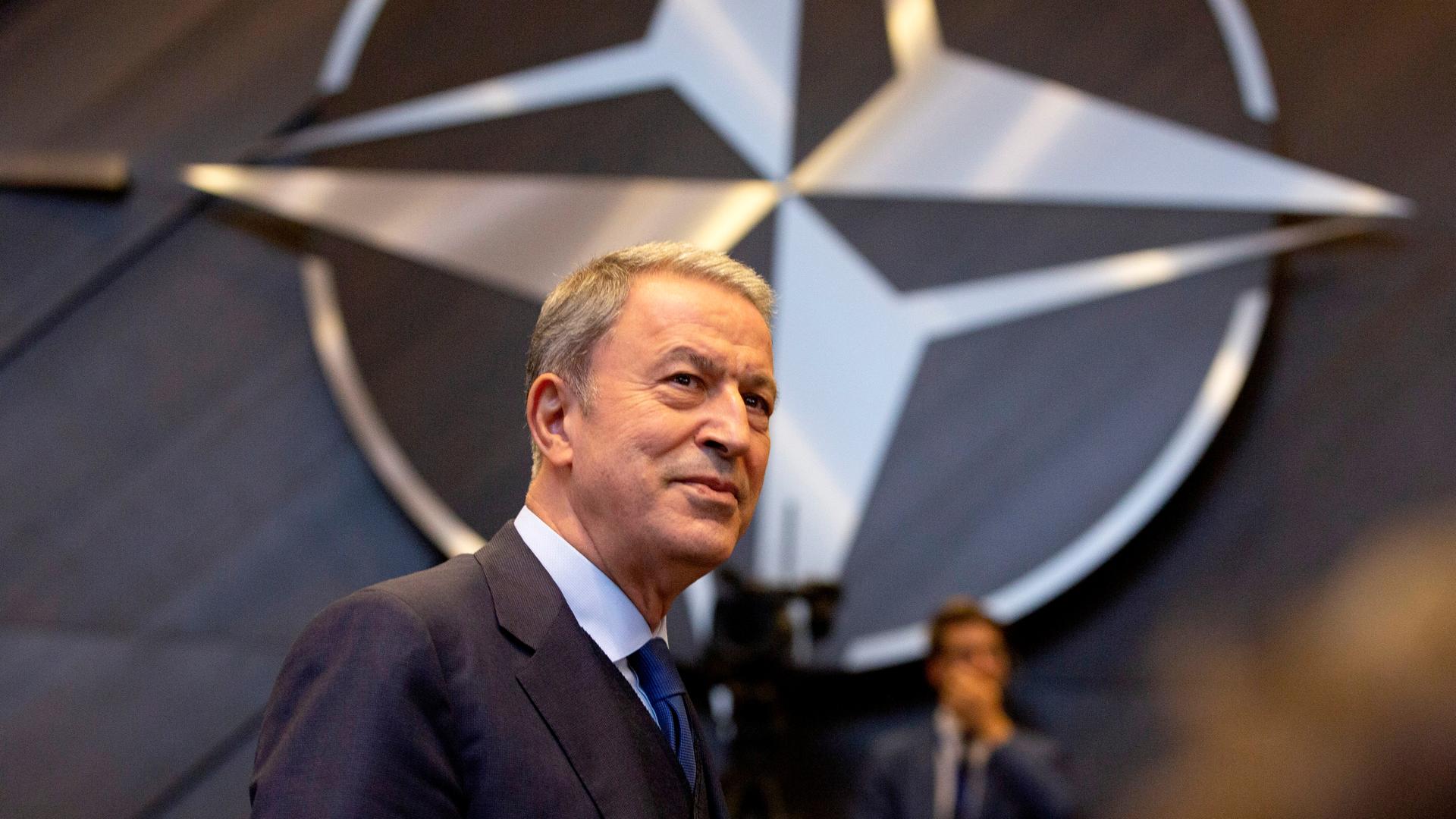
Turkish Defence Minister Hulusi Akar urged Greece to act in accordance with international law after Turkey repeatedly expressed its discontent with Athens’ militarisation of the Aegean islands.
Greece has armed 16 out of 23 islands that have non-military status, in violation of agreements in the Aegean Sea, and should act in accordance with international law, Akar said during his visit to Turkey’s missile producer Roketsan on Wednesday.
“We won’t let anyone violate our rights in any way. This is not a threat. It’s not a weakness to say that we want good relations with our neighbours,” Akar said.
Turkey says the militarisation of the Aegean Sea islands were banned or severely restricted with several agreements that ensure Turkey’s security: the 1913 Treaty of London, the 1914 Decision of Six Powers, and the 1923 Lausanne Peace Treaty, the 1936 Montreux Convention and the 1947 Paris Peace Treaty.
Greece, on the other hand, counters Turkey’s argument with the 1936 Montreux Convention, saying that the convention should be applied to the Turkish Straits.
The 1936 Convention lifted the demilitarised status of the Turkish Straits to ensure Turkey’s security.
The continued militarisation of the islands and Turkey’s insistence that non-militarisation is still binding has remained a key dispute between the two countries since 1964, when Turkey reacted to Athens’ arming of the islands for the first time, with a diplomatic note.
The relations between Ankara and Athens have been particularly tense since late last year when the Libyan crisis began escalating rapidly.
Ankara previously slammed Greece for playing a destabilising role in the Eastern Mediterranean by making attempts to seize approximately 39,000 square metres of maritime waters that belong to Libya.
Turkey says the infringement violates international norms as it is aimed at facilitating Israel’s gas pipeline project backed by Athens, Cairo, Tel Aviv and the Greek Cypriot Administration, while it completely sidelines Libya and Turkey.
Accepting Libya’s internationally-recognised government, Government of National Accord (GNA)’s request for help, Turkey has been supporting the Libyan government’s efforts to stop the advance of warlord Khalifa Haftar’s militia.
The parties announced expanding security and military cooperation and reached a deal on maritime boundaries in the Mediterranean Sea on November 27 – a move that angered Greece.
Ankara has long been objecting to the Greek Cypriot administration’s unilateral drilling in the Eastern Mediterranean, saying that the Turkish Republic of Northern Cyprus (TRNC) has a right to the resources in the area.
Ankara’s deal with the GNA prevented Greece, the Greek Cypriot Administration and other regional states from violating maritime boundaries and cutting Libya and Turkey out of the resource-rich areas of the Eastern Mediterranean.
Turkey is currently drilling with two vessels in the Eastern Mediterranean off the coast of the divided island of Cyprus.
“The Cyprus issue is our national issue. Whatever we need to do there, we’ve done so far and will continue to do so. We will continue to protect the rights of both our own and Cypriot brothers,” Akar said during his speech.
The TRNC was founded in 1983 after Turkey emerged as a guarantor power following a Greek coup to oppose Cyprus’s annexation by Greece.
“It is our most sincere wish to resolve the issue within peaceful methods, based on rights and international law,” he said.










Discussion about this post